News & Research
Read our latest research, policy analysis and commentary
Our publications are available to all at no cost. Please support the CCPA and help make important research and ideas available to everyone. Make a donation today.
-
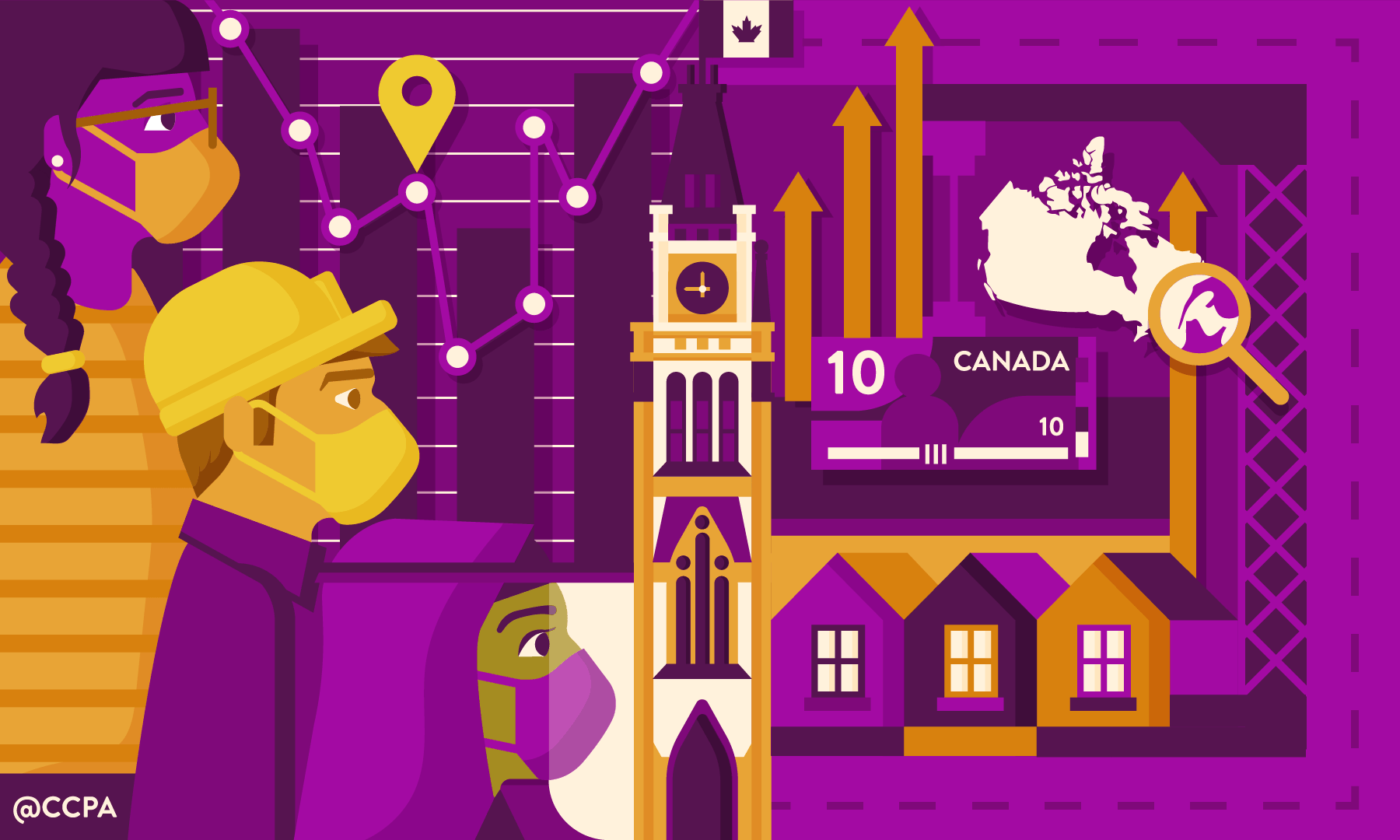
Budget Watch 2021: Climate action more necessary than ever
Chump change won’t cut it here. The federal government should be spending upwards of $40 billion per year to accelerate our transition to a net zero carbon economy.
-
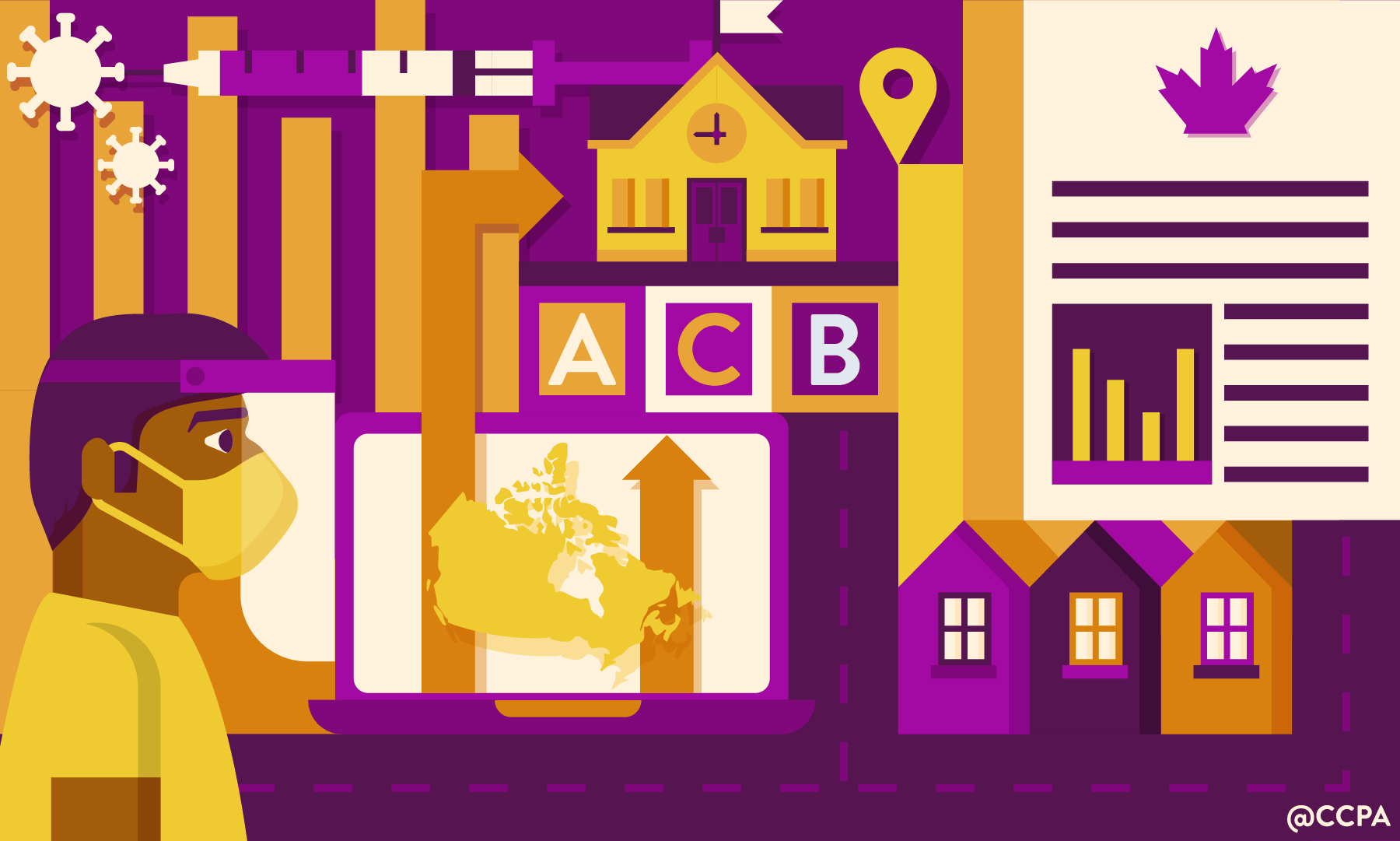
Record deficits? You mean record surpluses, for dirt cheap
The interest rate the federal government pays on debt hasn’t been this low since the Second World War (and possibly earlier).
-
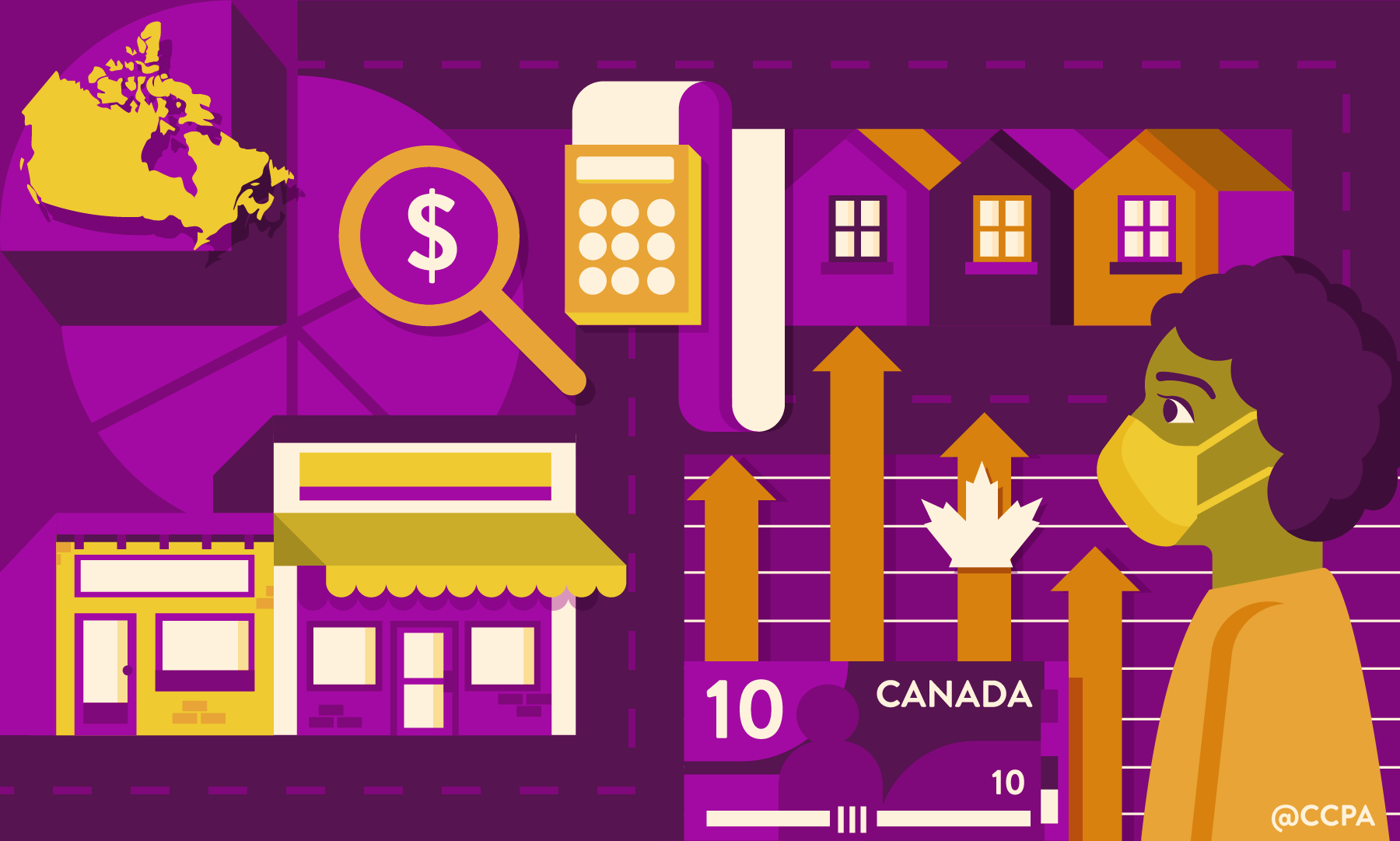
Budget Watch 2021: The rebuild must start with the care economy
Both Prime Minister Trudeau and Finance Minister Chrystia Freeland reiterated their commitment to lay the groundwork for a Canada-wide system of child care at the Liberal Policy Convention this past weekend.
Can we dare to hope? -

Pandemic living on the margins
Disabled Canadians have been sidelined from—and by—many COVID-19 response measures. How can we learn from this experience to build greater equity going forward?
-
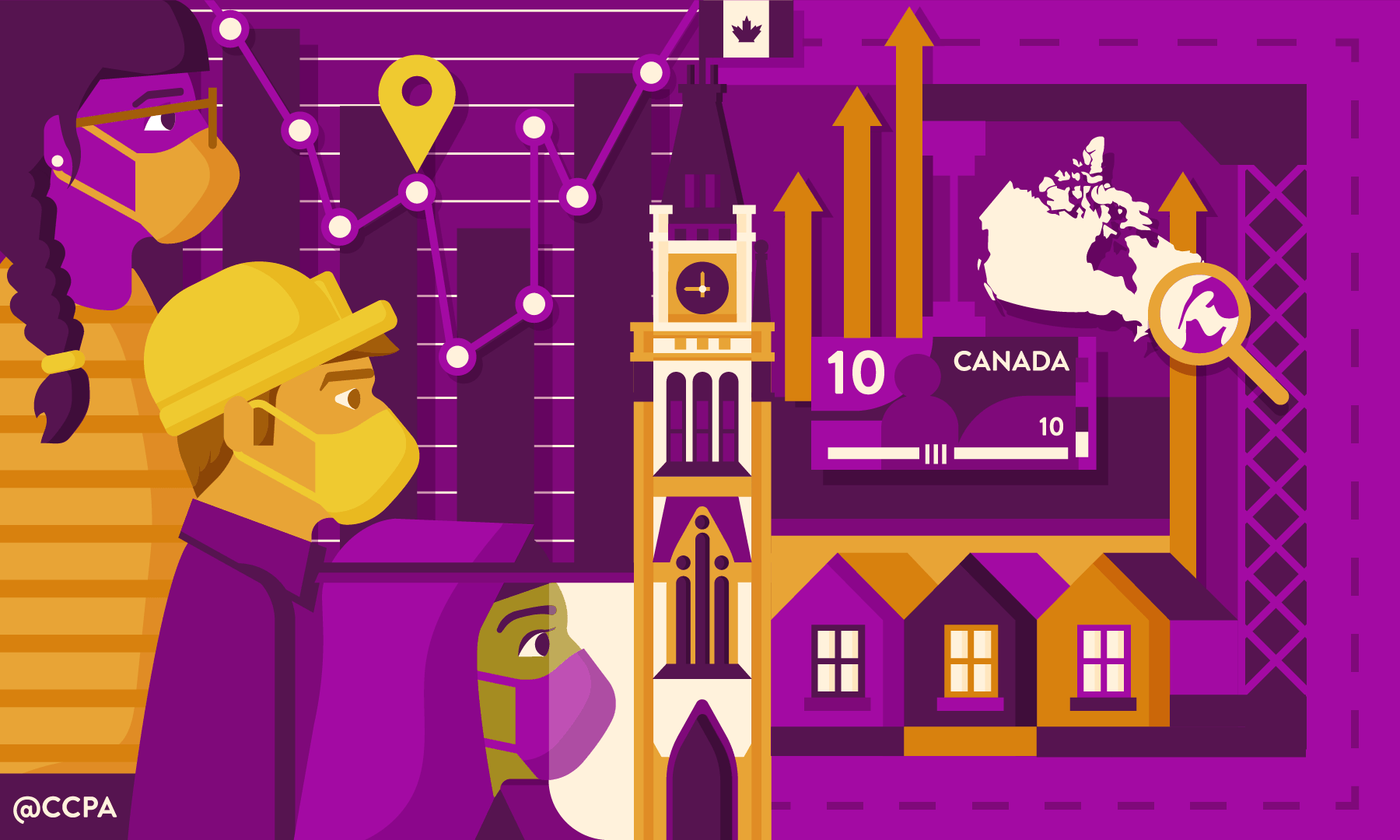
The upcoming federal budget: The stakes could not be higher
Will the budget put muscle behind the oft-repeated Liberal “real change” mantra?
-

Time to address the cost of poverty in the Atlantic provinces
We are far less likely to recognize households living in poverty as a public health issue, societal crisis or economic problem that we should solve collectively.
-

What CERB recipients can expect at tax time
The CERB was a critical support for many workers impacted by pandemic closures. For low-wage workers, the benefit funds were likely used to cover critical expenses. As such, it’s unlikely that Canadians living below the poverty line will have money set aside for their pending CERB tax bill.
-

Will the green economy of the future work for everyone?
Ensuring a just transition towards a green recovery and a net-zero economy will require more ambitious federal action than is currently on the table.
-
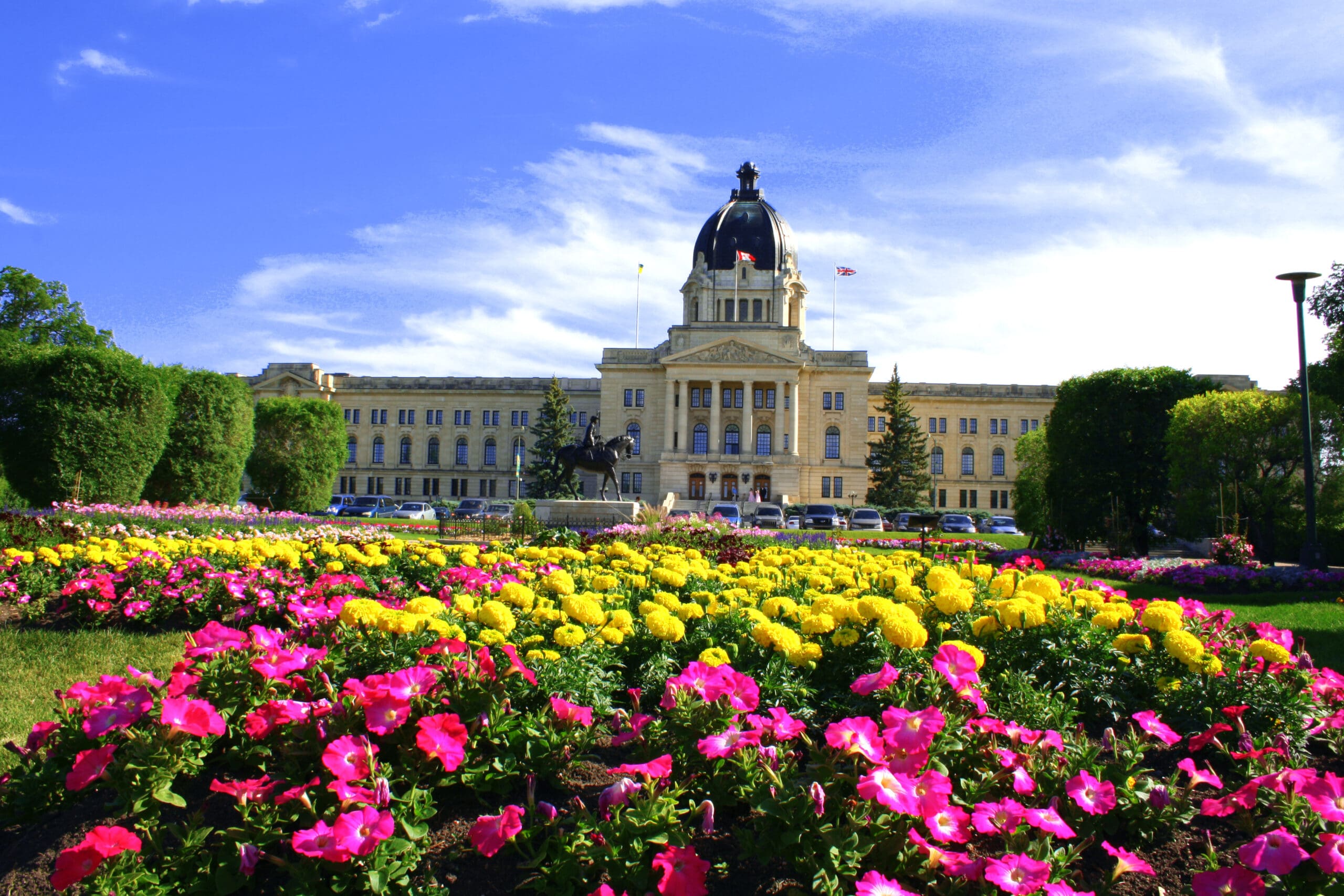
Saskatchewan budget: Could be worse, but is it enough?
The Saskatchewan government appears to have no appetite to enact and defend the types of cuts it made in 2017. Maybe those tropes are dead? Or maybe the pandemic is making the obvious impossible to completely ignore.
-

The Cost of Poverty in the Atlantic Provinces
Download 459.08 KB23 pages The purpose of this report is to underline the cost to the provincial governments of not addressing the needs of the…
-

Le coût de la pauvreté dans les provinces de l’Atlantique
Download 450.68 KB24 pages Le but de ce rapport est de souligner le coût pour les gouvernements provinciaux qui ne répondent pas aux besoins de…
-

“Too high” or “too low”? Assessing Nova Scotia’s modest minimum wage hike
On April 1st, Nova Scotia’s minimum hourly wage increased from $12.55 to $12.95. Is it now “too high” or “too low”?
Updates from the CCPA
Read the latest research, analysis and commentary on issues that matter to you.
CCPA Updates